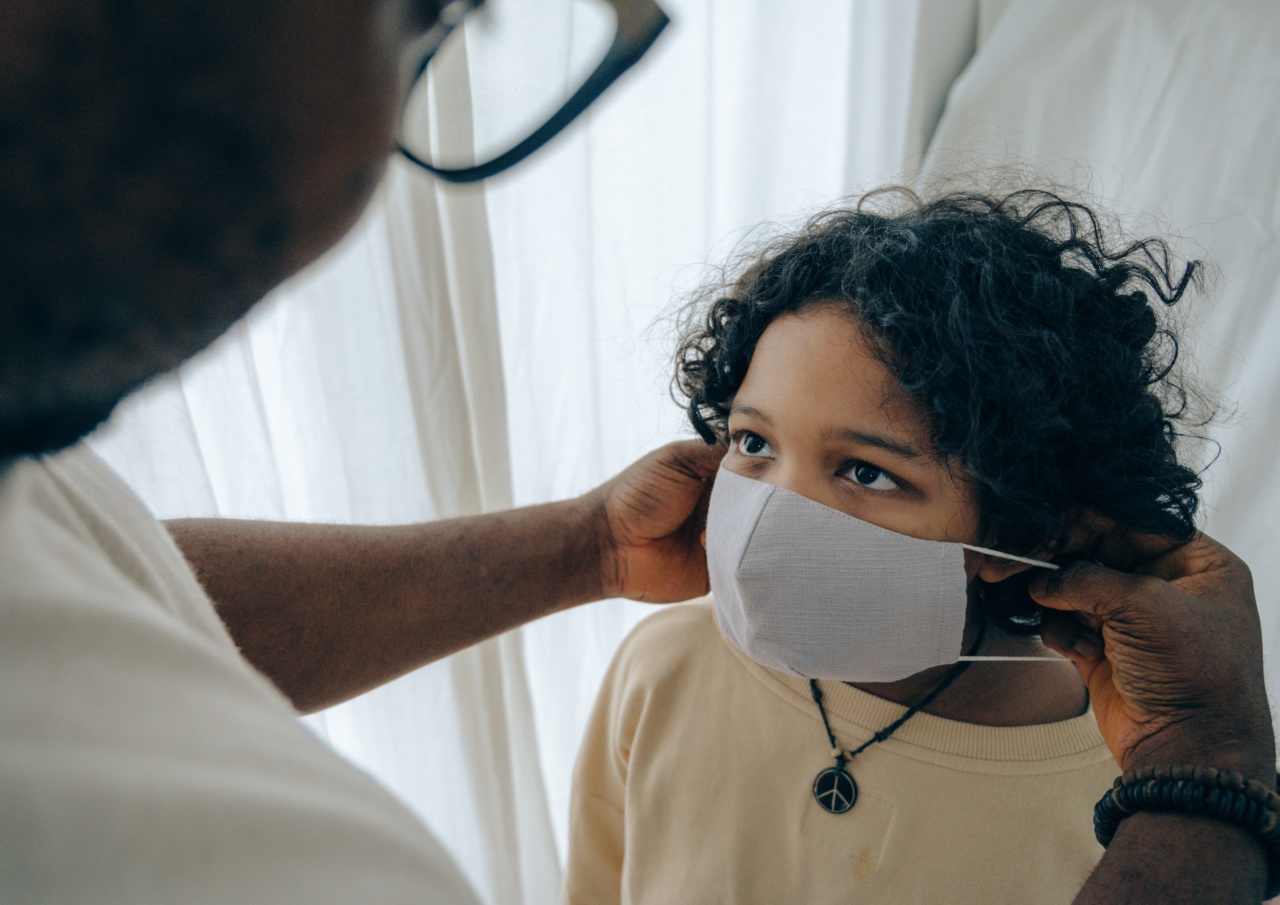Diarrhea and clamp control disorders are common health issues in children that can significantly impact their daily lives and overall well-being.
In order to better understand these conditions, it is important to explore the concept of embodiment and its association with gastrointestinal problems. This article delves into the factors contributing to diarrhea and clamp control disorders in children, examining their embodiment and its implications on their health and development.
Understanding Diarrhea in Children
Diarrhea refers to the passing of loose, watery stools three or more times a day. In children, it is often caused by viral or bacterial infections, food intolerance, or side effects of medications.
Diarrhea can lead to dehydration and electrolyte imbalances, particularly in younger children. Poor hygiene practices and contaminated food and water sources are also common culprits of diarrhea in children.
Embodiment and Diarrhea
Embodiment refers to the interplay of the mind and body, where physical sensations, emotions, and thoughts are intricately connected. In the case of diarrhea, embodiment plays a vital role in how children experience and cope with this condition.
The physical discomfort and urgency associated with diarrhea can influence a child’s emotions, self-perception, and social interactions.
Psychosocial Impact of Diarrhea
Children with chronic or recurrent episodes of diarrhea may experience negative psychosocial effects.
Embarrassment, shame, and fear of public accidents can lead to social withdrawal and reluctance to participate in activities, affecting their self-esteem and relationships. Such experiences during formative years can have long-lasting implications on a child’s mental health and social development.
Managing Diarrhea in Children
Proper management of diarrhea is essential for minimizing its impact on children. The primary focus should be on rehydration and replenishing essential nutrients lost through loose stools.
Oral rehydration solutions (ORS) containing a proper balance of electrolytes and glucose should be administered to prevent dehydration. Additionally, the underlying cause of diarrhea should be addressed, whether it is an infection or food intolerance, to prevent future episodes.
Understanding Clamp Control Disorders in Children
Clamp control disorders, such as encopresis and enuresis, involve the involuntary release of urine or feces beyond the age when a child is expected to have established control.
Encopresis refers to the soiling of underwear or clothing with feces, while enuresis refers to bedwetting.
Embodiment and Clamp Control Disorders
Embodiment plays a crucial role in the development and persistence of clamp control disorders in children. These conditions are influenced by the complex interaction between psychological, physiological, and social factors.
The embodiment perspective enables a deeper understanding of the mind-body connection and the impact it has on these disorders.
Possible Causes of Clamp Control Disorders
Various factors can contribute to the development of clamp control disorders in children. Psychological reasons, such as anxiety, stress, or trauma, can disrupt normal control mechanisms.
Physical issues like urinary tract infections or constipation can also contribute to the problem. Additionally, genetic and environmental factors play a role in determining an individual’s susceptibility to clamp control disorders.
Impact of Clamp Control Disorders on Children
Children with clamp control disorders may experience significant emotional distress and impairment in daily functioning.
Soiling or bedwetting can lead to feelings of shame, embarrassment, and low self-esteem, affecting their social interactions and overall quality of life. Without appropriate intervention, these disorders can persist into adulthood and have long-term consequences.
Treating Clamp Control Disorders
The treatment of clamp control disorders requires a comprehensive approach that addresses both the physical and psychological aspects. Behavioral therapies, such as bladder and bowel retraining, may be employed to help children regain control.
Counseling and support from healthcare professionals can assist in managing underlying emotional issues that contribute to clamp control disorders.
The Importance of Early Intervention
Early recognition and intervention are essential in managing diarrhea and clamp control disorders in children.
By identifying the underlying causes and implementing appropriate treatment strategies, the impact on a child’s physical and psychological well-being can be minimized. Parents and caregivers play a crucial role in supporting children through these challenges and seeking professional help when needed.
Conclusion
Diarrhea and clamp control disorders in children can have significant effects on their embodiment and overall health. Understanding the interplay between the mind and body is crucial in addressing these conditions effectively.
By recognizing the psychosocial impact, implementing appropriate management strategies, and providing early intervention, we can better support children in overcoming these challenges and promoting their well-being.































